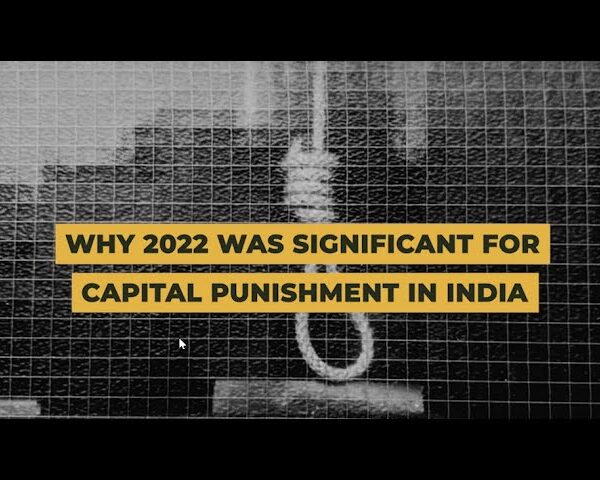Our Executive Director Professor Anup Surendranath in conversation with Kushi Kushalappa (Child Rights Activist), Corrine Kumar (Women’s Rights Activist), and R Srikumar (Former Director General of Police, Karnataka).
India has seen a consistent legislative expansion of the death penalty for sexual offences beginning with the amendments in 2013. In the aftermath of the Delhi gang rape case, a three-member committee under the chairmanship of Retired Justice Verma was constituted to suggest amendments to the rape law. While the Verma Committee took a clear stand against the death penalty, the Criminal Law Amendment Act of 2013 introduced the death penalty as a possible punishment for repeat sexual offenders and for rape resulting in death or vegetative condition of the victim. More recently, in 2018, incidents of violent child rape and murder in Kathua and Unnao led to the inclusion of the death sentence for the first time for rape (without murder) of girls below the age of 12 years. This was followed by the amendment in the Protection of Children Against Sexual Offences Act, in 2019 where the death penalty was introduced for penetrative sexual assault of children below the age of 18 years.
Against this backdrop, in collaboration with the Bangalore International Centre, we organised a panel discussion on sexual violence and the death penalty on World Day Against the Death Penalty on 10 October 2022. The focus of the discussion was the effectiveness of the death penalty as a response to sexual violence while locating it within the needs of the survivors. The discussion also explored conceptions of justice for the survivors and the place of punitive justice within that framework.



